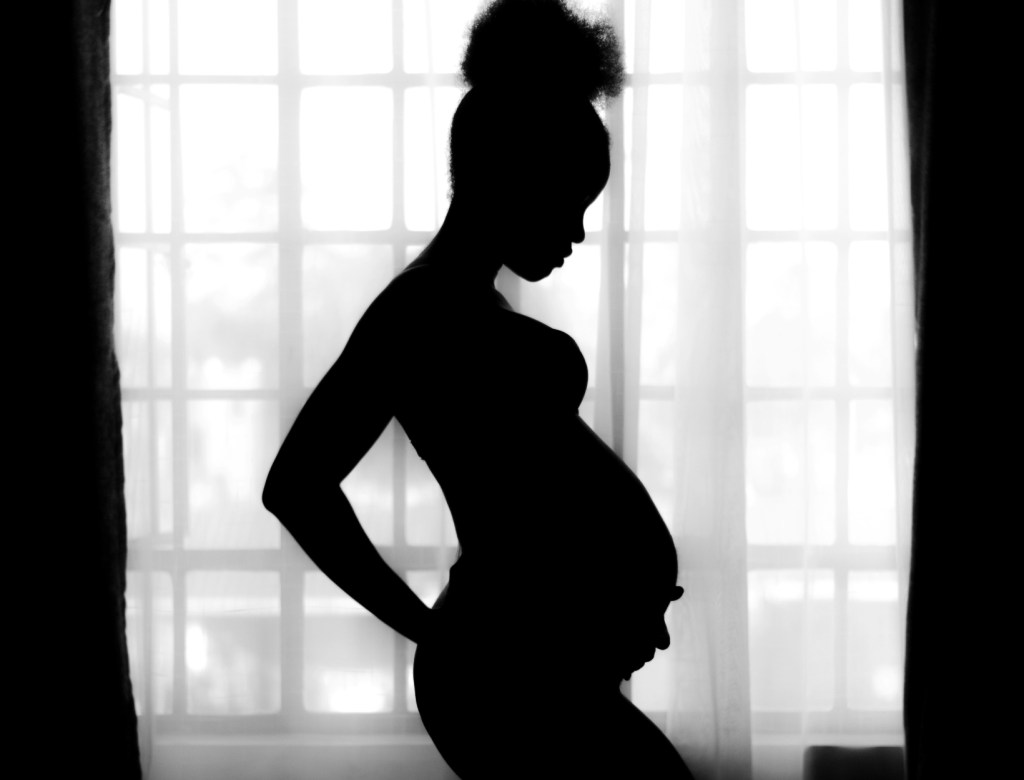Is Invisible Labor Ruining Your Marriage?

Nobody warns you that becoming parents might make you hate each other. Sure, everyone mentions the sleepless nights and diaper changes, but what about the relationship casualities?
If you have ever felt resentment about the invisible load or reached a breaking point in your relationship after parenthood, Deena Margolin and her husband Hakim know the feeling. What started as excited new parents planning their future together nearly ended with divorce papers and custody arrangements. Their story, shared on After Bedtime with Big Little Feelings, isn’t unique—but their recovery might offer hope for couples drowning in the chaos of early parenthood.
“On social media, all you see is the highlight reel. You see happy couples, smiling couples, and families. Or, boom, you get hit with a divorce announcement,” Margolin explains. “But you never see the very messy middle that a lot of us go through when figuring out how to parent together.”
Keep reading for practical tips on how to have a healthy marriage after becoming parents.
The invisible load
Before their first son was born in January 2023, Margolin admits that she and her husband were confident that love would carry them through anything. “There were so many blind spots and things you couldn’t predict. We were just going off good vibes and hoping for the best,” Margolin says.
While her husband’s life relatively stayed the same, Margolin says her world exploded. “It was rough. You just kind of showed up and went to work. It was me trying to juggle everything with a screaming newborn who needed to be held and fed at every moment,” she says.
The invisible load—that mental and emotional labor of remembering doctor appointments, tracking feeding schedules, managing the household while caring for a baby—fell almost entirely on Margolin’s shoulders. It’s a story echoed in countless homes across the country, where women find themselves drowning in responsibilities they never agreed to shoulder alone.
Hakim, working in finance’s “work until your face falls off” culture, focused on providing financially while Margolin managed everything else. It wasn’t malicious; it was the default setting based on generations of gendered expectations about parenting roles.
But defaults can destroy relationships. What looks like partnership from the outside can feel like abandonment from the inside.
Talking about parenting roles and responsibilities
For generations, men were taught to provide and focus less on parenting. But it’s time to throw out the outdated “breadwinner” mentality.
Hakim says there is a generational shift happening with millennials and Gen Z, which is necessary to “not f*** up your relationship.” This shift requires having detailed and intentional conversations where you and your partner build and align expectations. “That conversation needs to be had well in advance before having children,” he says.
Margolin shares the same sentiment. “It can look however you want it to look. Have the conversation on how parenting will work, what the systems are, and who is doing what,” she states.
Navigating postpartum depression and breaking points
Like an estimated 1 in 7 women, Margolin experienced postpartum depression. For Margolin, the experience left her feeling extremely alone and hurt by her husband, which led to a breakdown in their communication.
By the time their second son arrived, resentment had calcified into something harder to dissolve. When she and Hakim couldn’t find their way out of the negative cycle, they started having conversations about divorce. The breaking point came during a trip to Los Angeles. Hakim made a bunch of plans to see friends throughout the entire trip. “There was zero communication. Zero consideration. Zero thought about what it would be like for someone parenting two little babies in a new place with no support or structure…That was my breaking point. I knew that the right thing for me and our family was to part ways. I was ready to let go,” she admits.
Partnership in parenthood
After reaching rock bottom, Hakim asked for another chance and, crucially, did the work to earn it. They committed to therapy and created space for honest dialogue about their needs and expectations. “You have to be able to show up as 100 percent yourselves. You have to honor your partner’s need to fill their cup. It’s just about communicating those needs,” Margolin says.
This meant creating actual systems instead of hoping love would magically distribute responsibilities fairly. They established schedules that gave each partner alone time and family time. They learned to switch off duties instead of defaulting to gendered assumptions about who should handle what. “Now, I feel like we’ve got this down. We each have alone time. We do a workout, watch TV, and catch up on work. Then, we switch,” Margolin adds.
For Hakim, therapy revealed blind spots he didn’t know existed and aspects of his life and behavior that needed to be reframed and refreshed, he says. “It’s a new adventure. Let’s go figure out something new about ourselves,” he says.




















Leave a Reply